Two poems for Remembrance Day.
This one is loosely based on one of my Great Uncles who was killed in the Third Battle of Ypres at Passchendaele. He joined up aged eighteen, was wounded at age nineteen, and killed aged 20. His name appears on the Tyne Cot Memorial, but has no known grave.
The Blacksmith’s Song
The wind soughs through the broken window,
Cobwebs wave in the gentle breeze,
Dust motes float and sparkle in the air,
As white-hot iron once sparkled.
Birds fly in and out,
A missing roof tile their front door,
Mice on the floor sharing their world,
Scurrying and flapping adding to the soft sounds.
Tools hang lifeless on nails in old dry wood,
Tongs for holding, giant pliers for twisting,
Swages, sledges and wedges,
Waiting for the hand that will never come.
Bars of wrought iron,
A broken gate waiting repair,
A pile of coke, with shovel standing by,
Like a soldier waiting for orders it will never hear.
Leather bellows, split and cracked,
Lifeless like the hearth,
The fierce roar silenced,
No one now to stoke the fire.
The anvil lies cold and dead,
Like the man who once worked it,
His name on a plaque in a foreign land,
Along with the words, “No known grave.”
The forge is now silent,
But if you listen hard,
You might hear a faint sound,
Like a music box playing in the next room.
If you listen harder still,
You might just hear the Smithy’s song,
Ringing clear and true like a bell,
The song of hammer on iron.
The second poem was inspired by a postcard album found in a suitcase under my Granny’s bed after she died.
This particular postcard was written in pencil and then sent home by my Great Uncle Sam to his sister, my Gran. In it he names one of his comrades, and my Gran thankfully defaced the card so we knew which soldier was her brother.
The card begins, “What do you think of this dirty little throng, I guess we look serious we had this took the day we come from the trenches.”
The stamp is postmarked 19th August 1916, and the card is a remarkable snapshot in time. Uncle Sam came home, but I don’t know the fate of the others.
Bowskill with flags in hand,
Uncle Sam on the radio,
Other names lost in the mud,
“Over the top,” it’s time to go.
They all came home, every man.
Some came home whole, in body and mind,
Some came home broken, but no signs without,
Some left all but their name behind.
Fighting, eating, sleeping in the mire,
A century on they slumber where they fell,
Names carved on stone or cast in bronze,
To remind us of their personal hell.
At eleven ack-emma, we remember them,
The War to end All Wars,
But there’s always another call to arms,
To fight for another cause.
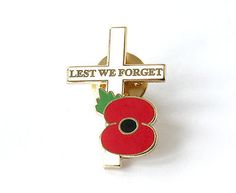
Red for the blood that was spilled.
Black for the mourning of those left behind.
Green for the new growth on the fields of battle.
The leaf at eleven o’clock, symbolising the time when the guns fell silent.

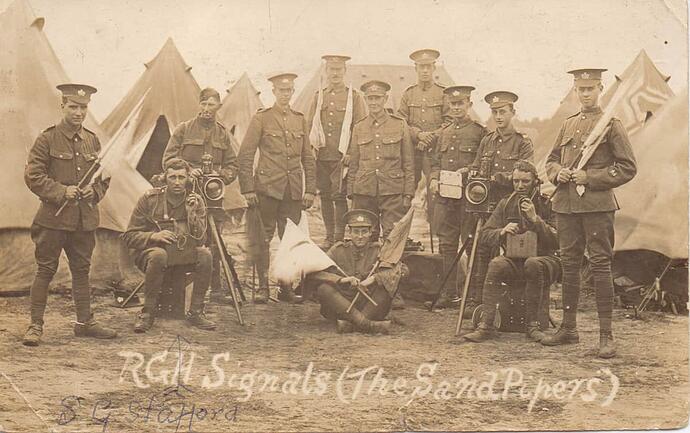
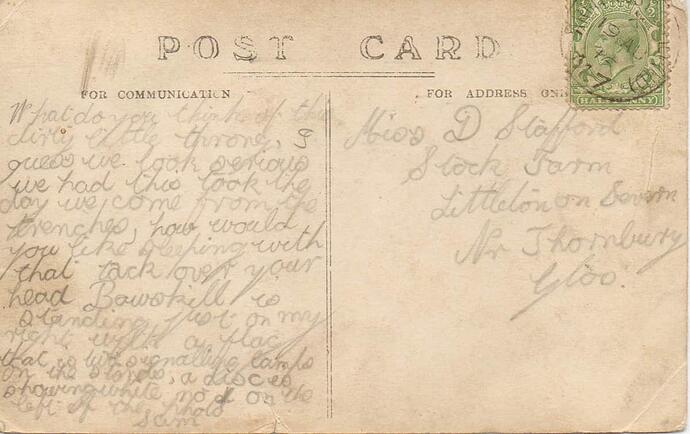


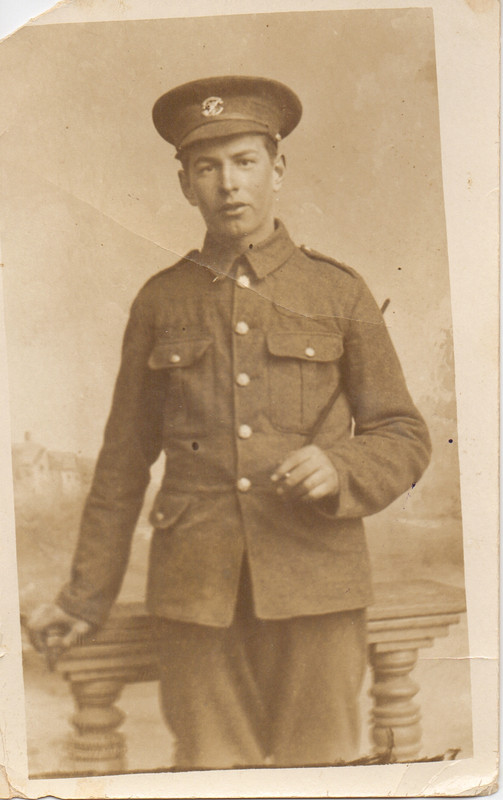
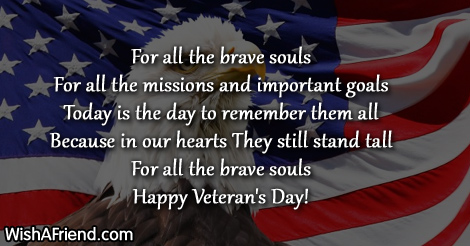
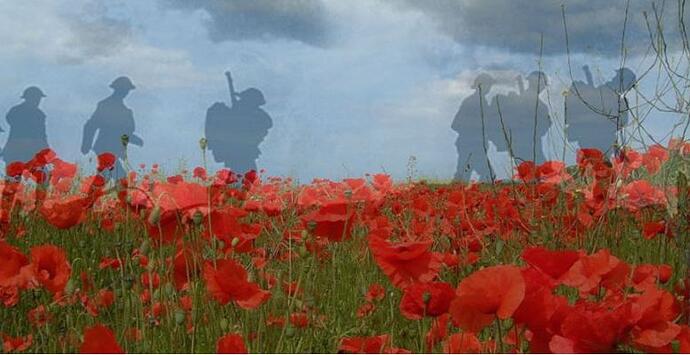
 so brave , so young .
so brave , so young .